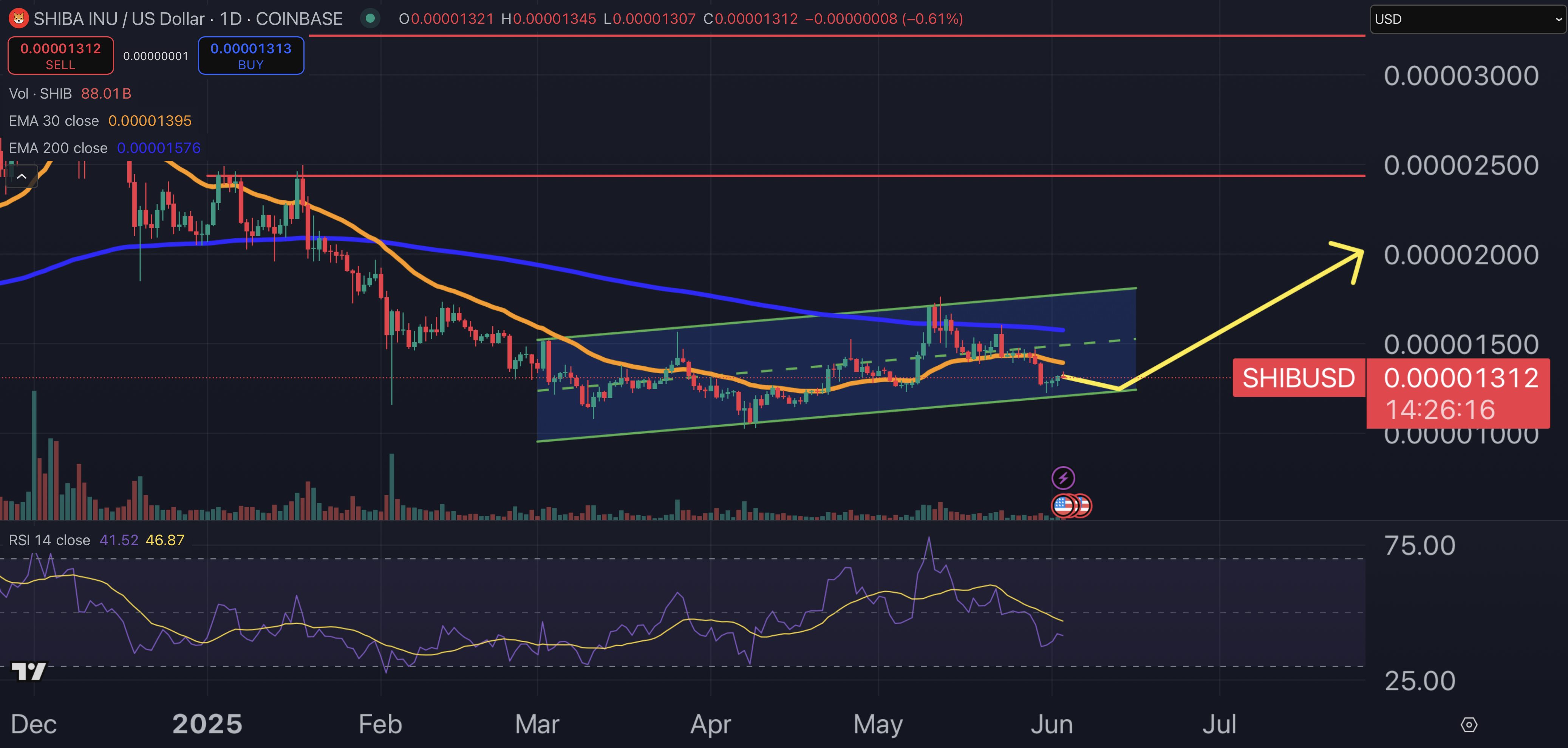Every individual is innately talented, worthy, and motivated, with expanding promise and possibility
Pixabay: StockSnap
This is Part Two in a three-part series that explores how to build a new learning and employment ecosystem that enables America’s diversity of learners to experience economic and social mobility. See Part One.
In its current state, our higher education system—full of expansive missions and uneven outcomes—is not primarily designed to act as an engine of economic and social mobility for America’s diversity of learners. But progress is underway. As I advocated for in Part One of this series, the first step towards reinvigorating education’s promise is for our institutions and stakeholders to align around a common goal: activating talent to opportunity.
When you start with the end in mind it provides a direct link between the benefit intended and the requirements to deliver it. That’s a start, but before we consider design principles and success metrics that could lay the foundation for a new and improved system, we must first confront the faulty mindsets and deeply ingrained beliefs manifested in our current system. If we don’t, we risk perpetuating social inequities and imbalances that are evident in higher education’s current architecture and regulatory framework.
1. Comparative Mindset: Talent, Quality, and Worth Are Always Relative
The temptation to compare and pit individuals against one another is tightly woven into our societal fabric, fueled by the misguided notion that certain individuals are inherently more talented, more capable, or worse, more worthy than others. In education, we see this manifest early with certain students recognized as gifted while others being dismissed as lacking talent or motivation. This is in spite of the fact that a wide array of variables can impact a student’s attitude and performance, e.g., household wealth, geographic location, learning differences, home environment, personal disposition, innate strengths, etc.
Unfortunately, this bias for selectivity is baked into the very architecture of our education and workforce systems, with ripple effects causing setbacks that follow individuals throughout their education, careers, and lives. We see it manifest, for instance, in the way we stratify our colleges and universities based on exclusivity, resulting in an educational caste system that permanently labels graduates from more selective universities as more gifted, and those from less selective institutions as less so. Labeling individuals in this way fails to take into consideration a number of factors, including recent data from Opportunity Insights that show a clear preference at elite colleges for children of alumni, recruited athletes, and children from private schools.
It’s likely certain that some individuals are either born with, uniquely able to, or are deferentially supported to develop specific skills and abilities. But bluntly grouping individuals into tiers of talent, supposedly on the basis of “merit”, not only disregards individuals’ unique circumstances, but runs contrary to years of research documenting that everyone can learn and grow when given the opportunity. Consider the study from educational researcher Benjamin Bloom, which showed that 90% of students can achieve mastery of learning material when allowed to progress at their own speed (who says individuals need to learn at an arbitrary speed to be considered smart or capable?).
As a society, we need to resist the temptation to define our own worth and ability relative to another’s, and instead recognize that every individual is innately talented, worthy, and motivated, with expanding promise and possibility, even if not all in the same thing. When we accept that everyone is “top talent” and “high potential” with something big to contribute when given the opportunity, we’ll stop asking “who” and instead ask “how”. How is this individual uniquely suited for this opportunity? How can we empower them to do the great work we know they want to do? How can we design systems that make opportunity work for everyone?
2. Scarcity Mindset: Opportunity is Zero-Sum
Baked into the desire to compare and categorize is a scarcity mindset that plays on our fears. We’ve been led to believe that opportunity is limited, causing us to cling tightly to what we feel is ours and distrust outsiders we worry may pose a threat to our success. Inclusion is only achieved at the exclusion of another.
In education we see this manifest as early as elementary school, as parents and guardians shuffle their children from one hobby to another, hoping to give their child an edge over their “competition.” We also see it in the workplace, as individuals and teams compete for projects and roles, as if there isn’t enough work to go around. We certainly see it in the age of social media, as individuals become deflated when observing the purported success of their friends, peers, and colleagues.
As the leader of a large university and staff of nearly 8,000 individuals, I try to emphasize that the success and regard of one does not diminish the regard and opportunity for another. Opportunity is not a zero-sum game—it’s not only abundant, but also compounds as more participate in it. Adding more individuals to the workforce, for instance, doesn’t lead to mass unemployment or others being displaced as we’ve been led to believe. Instead, as more people participate in and contribute to the work, we produce more, grow more, invent more, and organizations thus need more to advance the work and employment expands. It’s a virtuous cycle.
That’s not to say that the fear parents feel about their child getting into college is unfounded. Because our systems—including education—have been designed to reinforce these outdated mindsets, the constraints we experience are often real. Even if a byproduct of ill-intended design, they ensure that access to opportunity remains unevenly distributed.
What I hope to demonstrate is the foundational flaw in this thinking, and to pose a question: How might we redesign our education system if we rejected these mindsets? How could flipping that paradigm catalyze a societal shift that extends far beyond the world of education, enabling each and every individual to experience progress in their lives that is multiplied exponentially with each generation?
I’ll explore these questions in more depth in Part Three of the series.
Credit: Source link








![How marketers are navigating a possible recession (and advice about what you should do during it) [new data] How marketers are navigating a possible recession (and advice about what you should do during it) [new data]](https://www.hubspot.com/hubfs/image12-May-27-2025-02-18-19-8390-AM.png)

